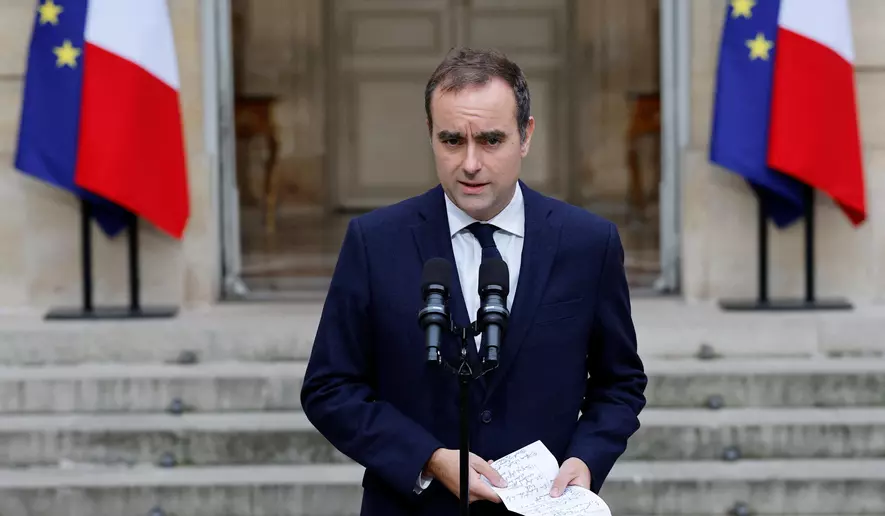A Country on the Edge of Political Paralysis
France is navigating one of the most complex political crises in its modern history, with mounting uncertainty shaking both domestic governance and European financial markets. The resignation of Prime Minister Sébastien Lecornu after less than a month in office has intensified questions over President Emmanuel Macron’s leadership and the future of France’s fragile parliamentary coalition. Behind the political turmoil lies a deeper structural problem—how to sustain one of Europe’s largest welfare economies while reducing a public debt that has surpassed $3.5 trillion.
The French deficit, currently projected at 5.4% of GDP, continues to rise amid social unrest and stalled reforms. Lawmakers have failed to agree on a fiscal strategy that can balance budgetary discipline with public expectations, particularly after controversial pension changes that raised the retirement age from 62 to 64. The inability to pass a national budget before the end of the year has become a symbol of institutional gridlock. According to the Banque de France, the rising cost of borrowing and high inflation are placing additional pressure on state finances, further constraining the government’s policy options.
Economic Consequences of Prolonged Uncertainty
Political instability in France is not only a domestic challenge—it reverberates across global markets. France remains the second-largest economy in the European Union, and its fiscal health is deeply intertwined with the stability of the eurozone. Prolonged uncertainty has already weakened investor confidence, with analysts warning that the country’s credit rating could face future downgrades if fiscal targets are not met. The European Central Bank has emphasized that maintaining fiscal discipline is essential to prevent financial contagion across the bloc.
Adding to the pressure, international investors are closely monitoring French bond yields, which have climbed steadily since the summer. A significant rise in interest rates could cost the government billions of dollars in additional debt servicing each year, constraining its ability to invest in critical infrastructure and public services. Businesses have expressed growing concern over the lack of political clarity, as policy paralysis delays key economic reforms intended to boost productivity and competitiveness.
Meanwhile, the energy transition—central to France’s economic modernization—faces setbacks. The government’s goal of expanding renewable energy production by 30% before 2030 may be jeopardized without consistent funding. Industry leaders have pointed out that clear fiscal and regulatory policies are vital to maintaining France’s role in Europe’s green transformation, an issue echoed by experts at the International Monetary Fund.
The Road Ahead: Rebuilding Confidence Through Reform
As political negotiations continue, the urgency to rebuild confidence—both among citizens and global investors—has never been greater. Economists argue that France must embrace a long-term approach that combines fiscal realism with social stability. That means restructuring public spending, streamlining bureaucracy, and adopting policies that stimulate private investment. The European Commission has warned that France’s excessive deficit procedures could trigger corrective measures if the situation does not improve within the next fiscal year.
However, meaningful reform will require political courage and cooperation across the ideological divide. The centrist coalition’s attempt to unite conservative and moderate-left factions has so far failed to deliver results, leaving Macron with few viable options other than negotiating a temporary budget pact. Dissolving parliament, while possible, risks deepening polarization and provoking new elections that could further erode public trust.
The coming months will test France’s ability to maintain its global credibility while navigating internal fragmentation. With its public debt surpassing $3.5 trillion, its political alliances fractured, and its economic model under scrutiny, France faces a defining moment. Whether it chooses renewal through reform or drifts into prolonged stagnation will determine not only its own future—but also the stability of the entire European project.



